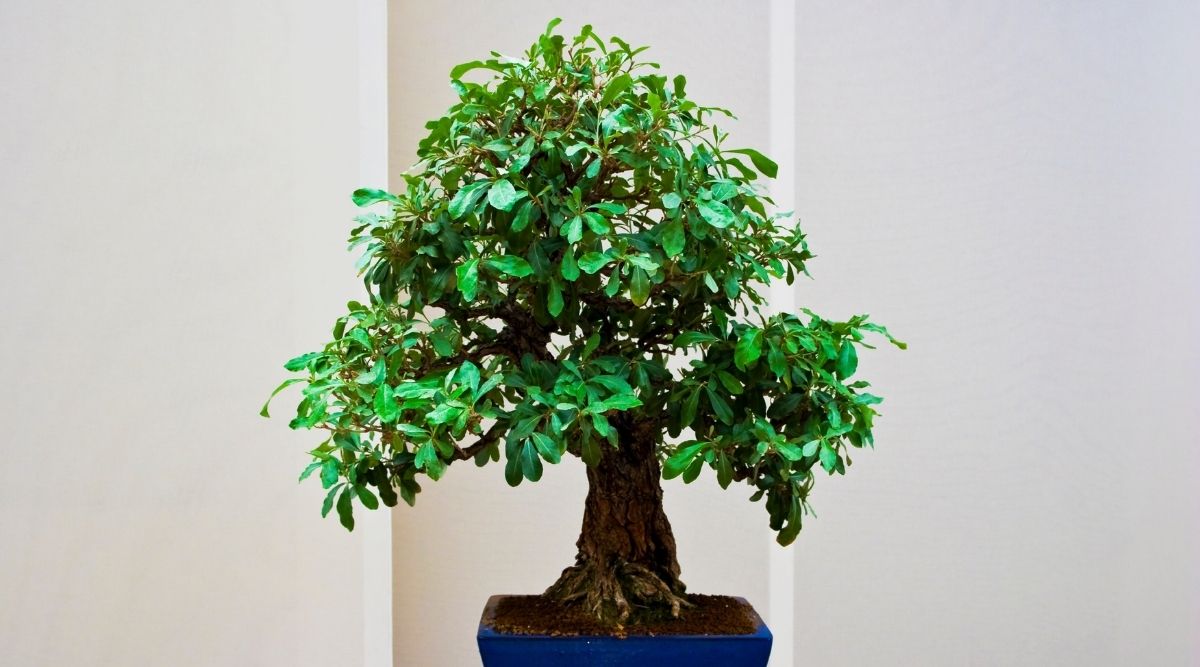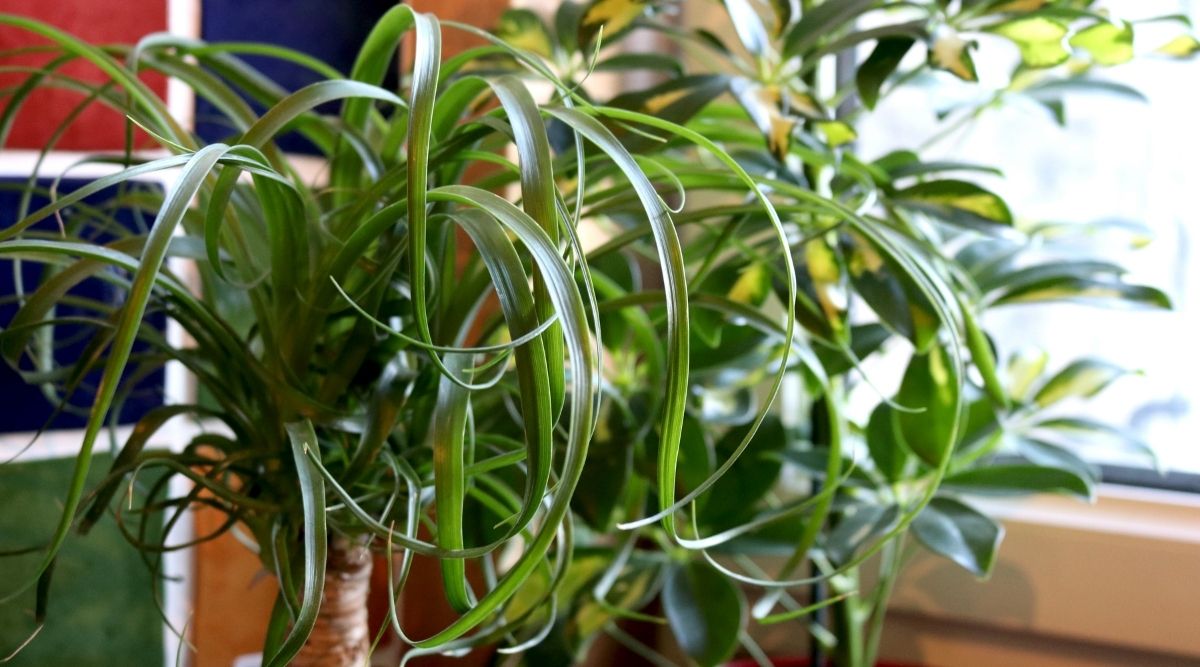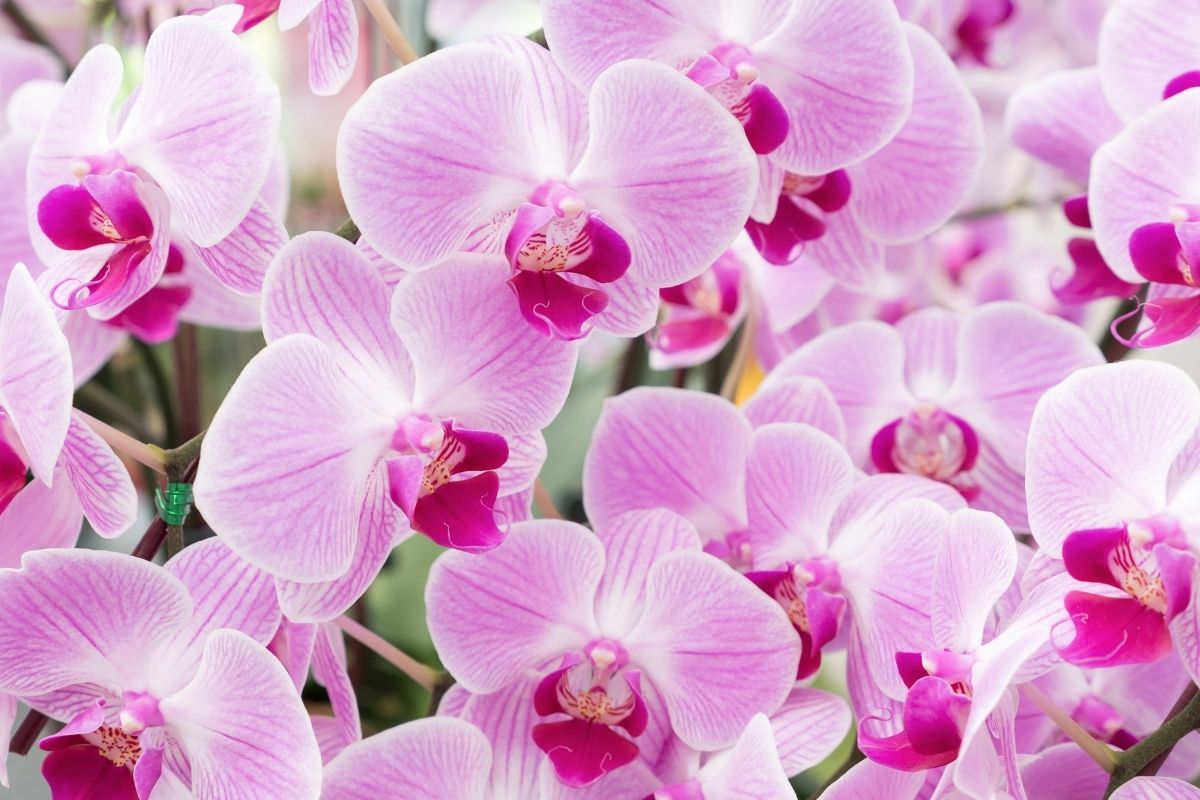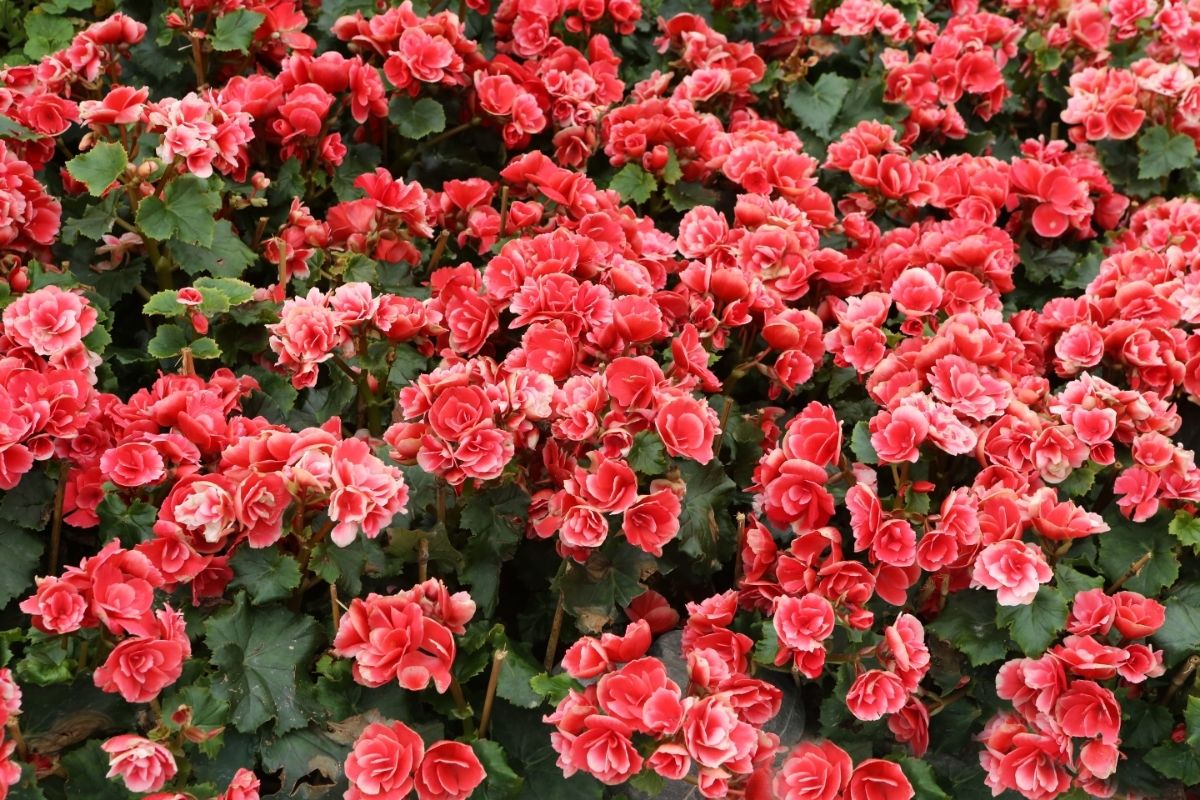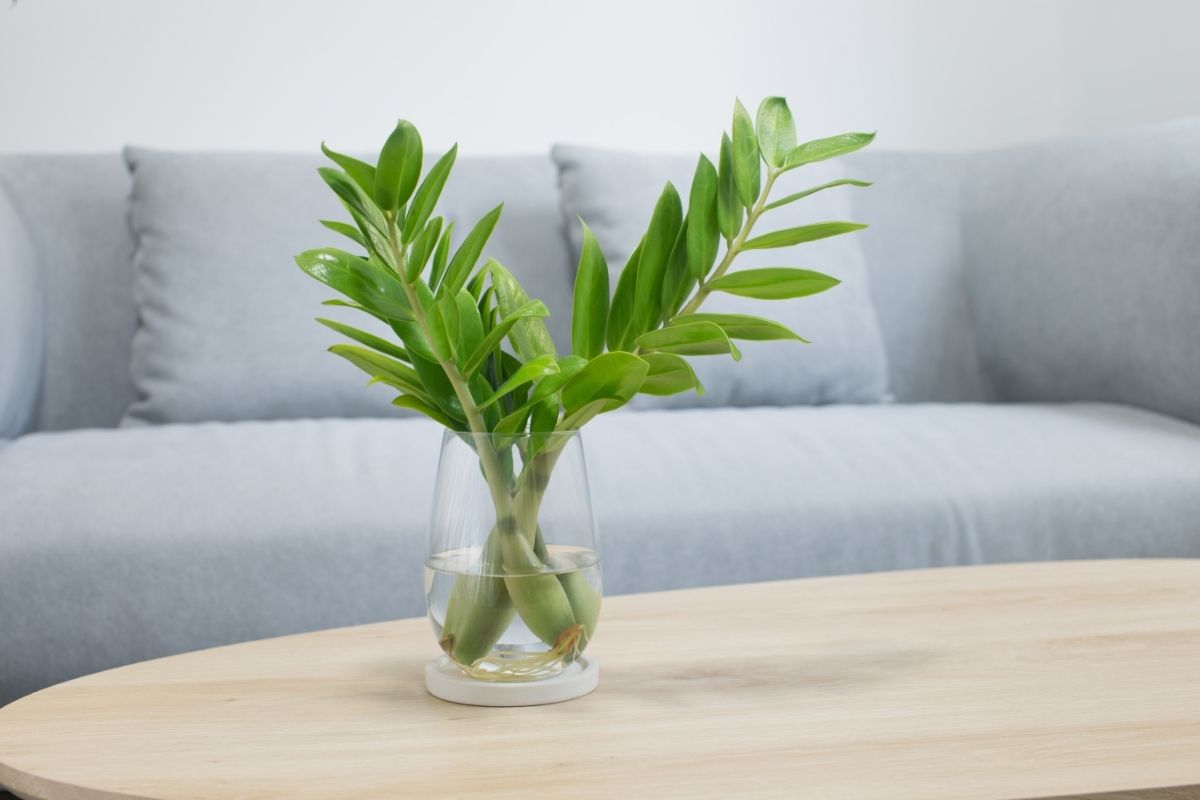African violets are among the most desirable houseplants all around the world. Their silky foliage and plush blossoms are eye-catching and liven up any space.

In many regions, they are also attractive species to use in elevated planters around homes. If you own a cat, you may be wondering if African violets are poisonous or toxic to your furry friends.
Fortunately, you can relax. Cats cannot be poisoned by African violets. Several veterinary hospitals and the American Society for the Prevention of Cruelty to Animals have confirmed this fact.
However, Cats might well be poisoned by chemical sprays, systemic herbicides, or fertilizers used on African violets. So, it’s still important to proceed with caution.
Are African Violets Poisonous To Cats?
If you’re reading this, it’s clear that you care a lot about your kitty and want to do your best to keep them safe, even if that involves sacrificing incorporating some beautiful plants in your home decor.
Well, you’re in luck! The good news is that African violets are not poisonous to cats, according to the ASPCA and many respectable veterinary institutions. If you desire cat-friendly houseplants, they are suitable to have in abundance throughout your home.
You are unlikely to notice any symptoms as a result of your cat nibbling on your African violets from time to time. The violets are likely to suffer the most as a result of the confrontation. And your cat might be more vulnerable to your irritation than the African violet itself.
What Happens If My Cat Eats My African Violets?
Ingesting strange items or something which is not a regular part of a diet might cause any creature to vomit. Cats are carnivores, meaning they derive all of their nourishment from meat stuff. Their digestive processes are not designed to process plant matter.
Any difficult-to-digest food consumed by the cat may cause gastrointestinal discomforts, such as vomiting, moderate diarrhea, or constipation. Typically, the cat will throw up the African violet, and the situation will be over.
If your cat is suffering from minor diarrhea, it should improve shortly. Constipation may necessitate the use of a laxative prescribed by your veterinarian or veterinary provider to help your feline in clearing the problematic plant matter.
While African violets are not dangerous, it is important to be aware that some plantations utilize pesticide treatments, which may cause discomfort or harmful responses in cats.
In certain plant farms, putting organophosphates into the ground to function as a systemic insecticide is a common method of discouraging insects.
These systemic insecticides are dangerous to your cat. You must be informed that if the cat consumes any portion of the African violet, it may develop toxicity symptoms.
To prevent this, ask the florist or garden center what chemicals were used on the African violet you plan to buy. Many producers are becoming conscious of the risks of pesticide poisoning in animals. On the plant tag, they may also include a pet-safe badge.
Symptoms Of Cat Poisoning

Although African violets are not dangerous, knowing the signs of poisoning in cats might help you identify if a pesticide is presenting issues. Toxicity in cats can manifest itself in the following manner:
- Salivating
- Vomiting — generally multiple times
- Cramps in the stomach
- Diarrhea
- Unsteady walk
- Pupils that are excessively dilated or constricted
- The pupils show very little sensitivity to light.
- Head tilt, trembling, or urinary incontinence are examples of neurological problems.
Even if no toxicity is introduced by applying fertilizers or herbicides, your cat might still display moderate symptoms by consuming anything they shouldn’t be ingesting and that is new to their gastrointestinal tract, particularly if significant amounts are consumed.
Toxic symptoms include lack of appetite, nausea, diarrhea, lethargy, sneezing, scratching at the mouth/nose, and, in extreme situations, seizures. If your cat exhibits any strange behavior or symptoms, consult Animal Poison Control or your veterinarian promptly.
How To Stop Your Cat From Eating Your African Violets
Some kitties are relentless and will nibble on plants incessantly, and if not discouraged, they will damage your houseplants. So here are some methods for keeping your cat away from your precious new African violets.
- To get your cat’s interest, give it a different plant. Catnip (nepeta cataria) is an excellent strategy to divert your cat’s attention away from your African violet. Most cats consider catnip appealing and can spend hours scratching and munching on it. Most nurseries supply pet grass, which is also suitable for your cat to consume.
- Divert attention away from your African violets by supplying your kitty companion with toys and grooming posts if it is eating plants out of boredom. You can also cognitively challenge your cat by teaching him skills and playing fun games. This should wear them out and keep it from chewing on the African violets.
- If you can’t keep the cat away from the African violets, keep them in a location where it can’t get to them.
- Examine your cat’s food and overall health. It may sense the need to consume vegetation since it is ill or because its diet is deficient in essential vitamins, or nutrients. Cats who are nauseated may consume plants in order to force themselves to vomit, which isn’t great for your kitty – or your carpet!
Bottom Line
African violets are non-toxic plants that can be kept in the presence of cats. They might occasionally nibble on the flower if they are restless or curious, but the infrequent violet munch is unlikely to cause any trouble.
But if you’d rather keep your African Violets safe from hungry and curious cats, we recommend providing them with catnip or pet grass to divert their attention away from your precious flowers.
Insecticides used on African violets, as well as systemic herbicides, can be hazardous and produce toxicity symptoms in cats.
If you are unsure about any signs your cat is displaying, always consult with your cat’s vet. When caring for cats, or any household pets, it is best to be cautious.
- Best Hanging Plant For Low Light - September 4, 2023
- Best Indoor Plants Florida - August 28, 2023
- Best Plants For Bathroom Smells - August 21, 2023


